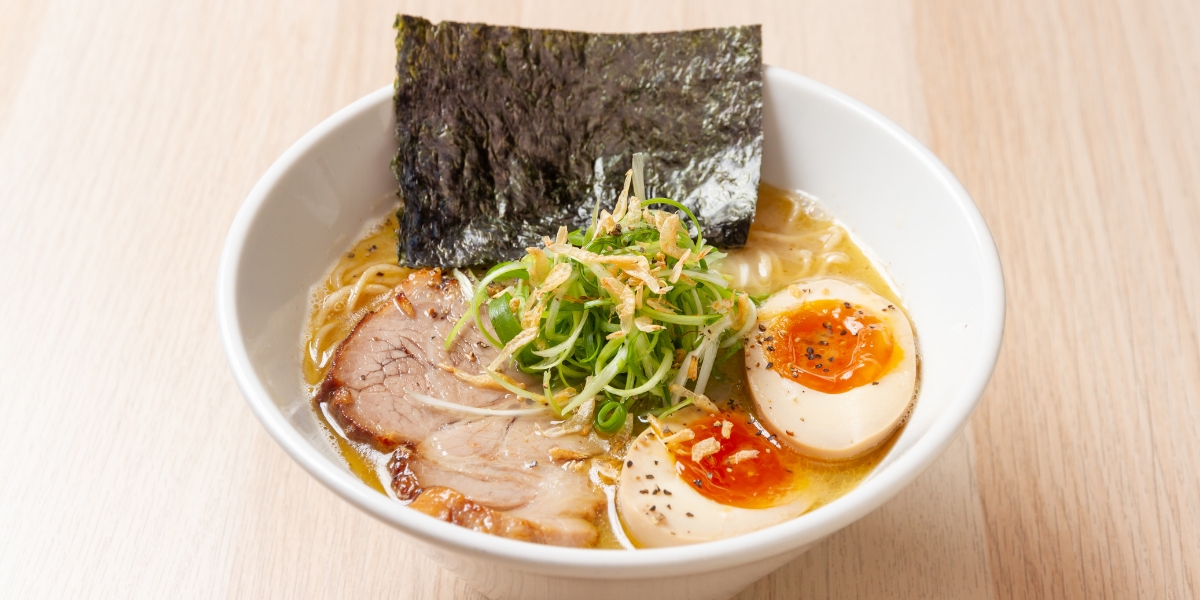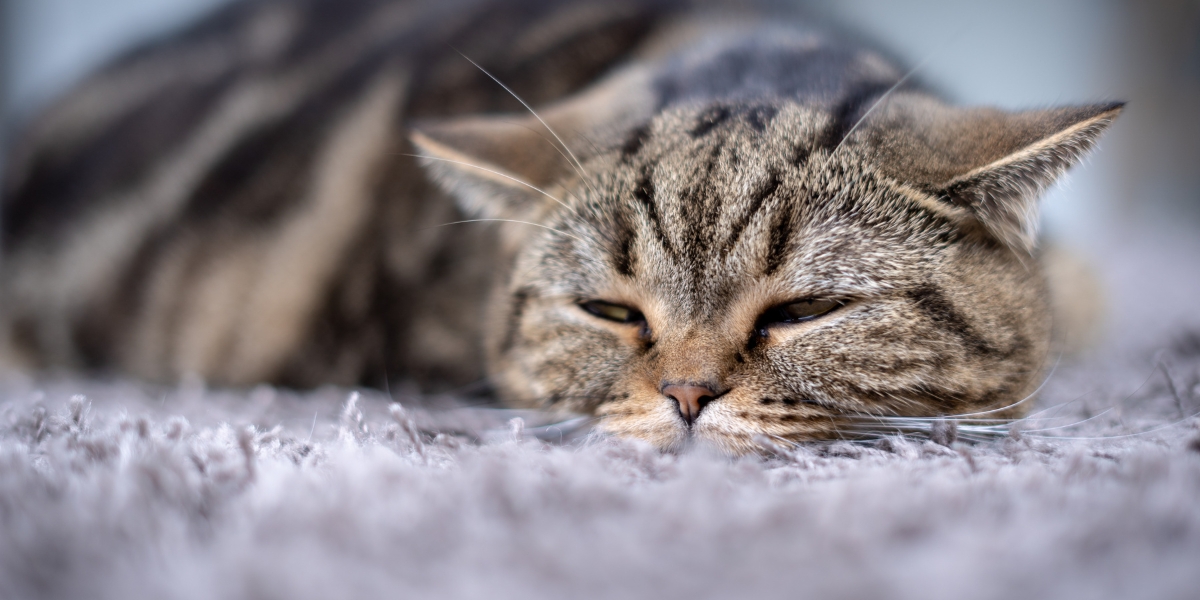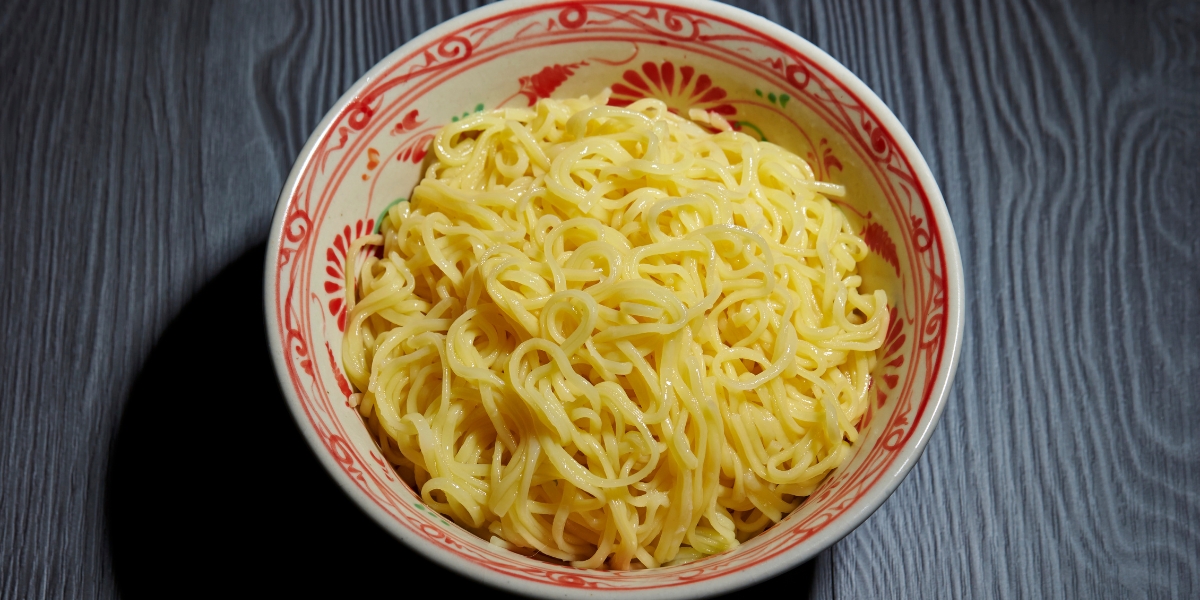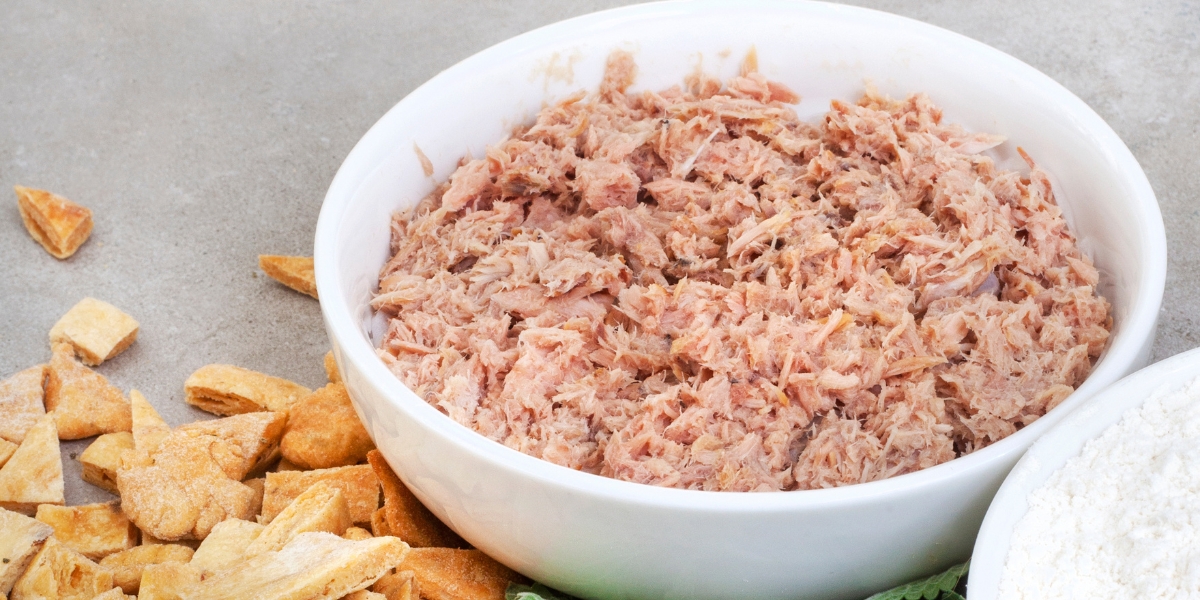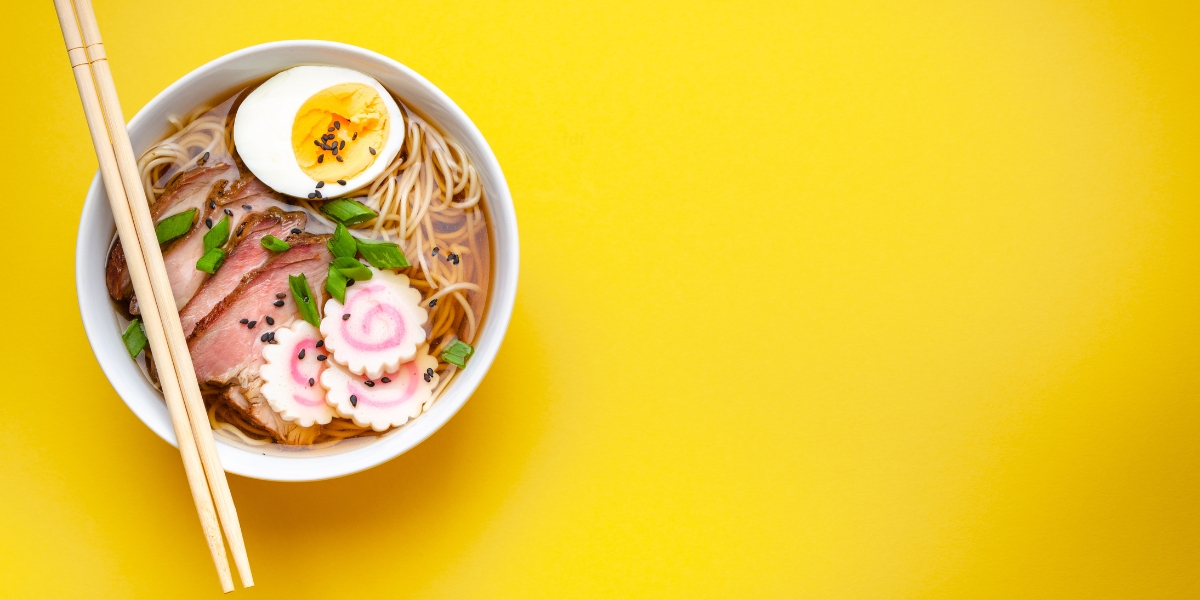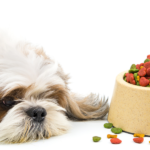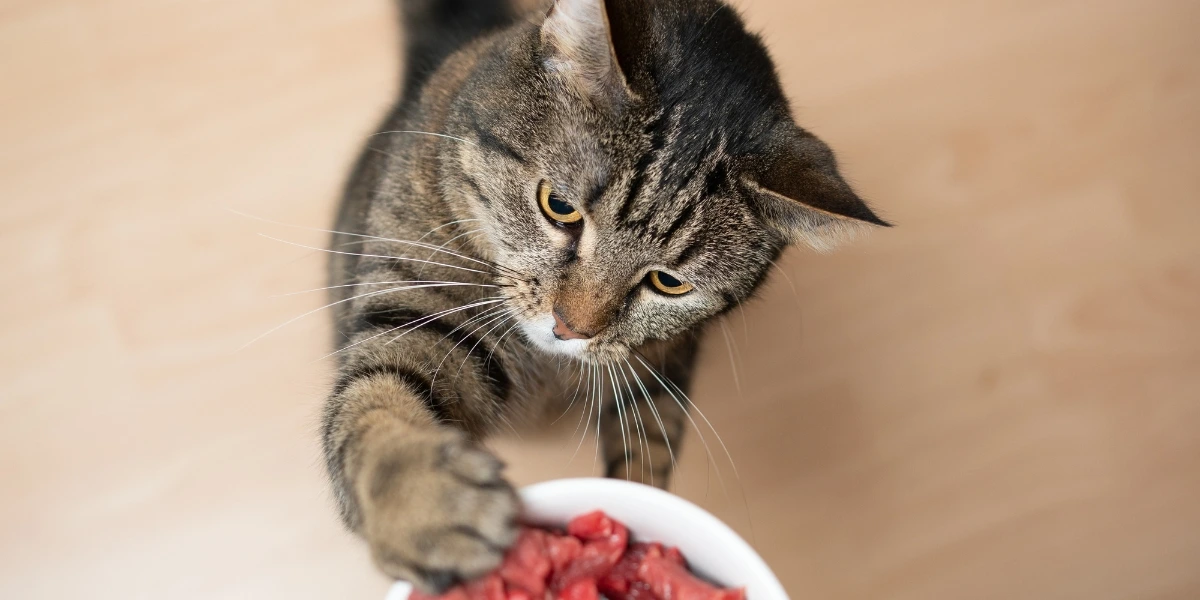Can Cats Eat Ramen Noodles?
If you step away to answer the door and return to find your cat has sampled your ramen noodles, should you take them to the emergency vet? A small nibble is likely not to cause harm, but it’s generally not safe for cats to eat ramen, especially if consumed in many quantities or regularly. Always stay concerned about your pet’s health.
Let’s explore why ramen noodles aren’t suitable for cats and then examine the warning signs of poisoning in felines.
Reasons Why Cats Shouldn’t Eat Ramen Noodles
1. Too Much Salt
Ramen noodles are laden with salt, which can be toxic to cats, as they are far more sensitive than humans. According to the American College of Apothecaries, salt toxicosis can occur with just 2-3g/kg sodium chloride ingestion and consuming 4g/kg can be fatal. For a cat weighing 1-10 pounds, even 1/20 tablespoon of salt can be dangerous, while for those 11-25 pounds, anything more than half a tablespoon is harmful.
2. Salt Poisoning in Cats
The first signs of salt poisoning in cats may include vomiting, diarrhea and decreased appetite. Other symptoms can be lethargy, incoordination, excessive thirst and urination. In severe cases, it may lead to tremors, seizures, a coma or even death. Always consider these signs, as they can be caused by numerous things.
3. Carbohydrates
Cats are inherently carnivores and in the wild, they consume prey rich in protein and fat with a minimal amount of carbohydrates. Feeding your furry friends too many carbohydrates can lead to obesity. Their diet should ideally contain less than 10% of calories from carbohydrates.
4. Spices
Most ramen noodles contain spices like garlic, onions and chives, which are not safe for cats. Even in small amounts, these can break red blood cells, leading to anemia or worse. Garlic is five times more potent than onions and both can cause life-threatening problems, leaving your cat with poo in a horrible-smelling litter box and howling in the basement.
5. Other Ingredients
Ramen seasoning often contains ingredients like preservatives and flavor enhancers that are harmful to your cat. For example, TBHQ, a common preservative, can harm a cat’s liver even in a small dosage. Cats have an inability to process phenols and preservatives like TBHQ, making them more vulnerable to liver damage if they consume ramen regularly.
Another surprise is that lactose is sometimes found in ramen seasoning, even though cats are actually lactose intolerant. This ingredient can cause digestive issues like bloating or discomfort. With many types of harmful additives, it’s clear that ramen is not good for your furry friend’s health.
Can Cats Eat Ramen Noodles Without the Spices?
Cats can technically eat plain, cooked ramen noodles without spices as a small snack and most will show no adverse effects from eating them in moderation. However, the high carbohydrate content is a concern, as stated earlier, cats struggle to digest carbs and these should not make up more than 10% of your cat’s daily caloric intake.
Regular consumption of ramen noodles can lead to health issues over time, so it’s best to avoid hooking your cat on them.
Can Cats Eat Food Similar to Ramen?
Cats can eat homemade noodles, but they do not offer enough nutritional benefits to justify including them in their diet. You should never feed your cat raw or uncooked pasta, as it could cause choking or even affect their digestive system. Since every pet has unique nutritional needs, it’s always recommended to reach out to a vet for advice before trying new foods like meat-based treats or alternatives.
Are There Any Health Benefits in Ramen Noodles for Your Cat?
There are no real benefits for your cat’s health if they consume ramen noodles. While eggs, sometimes included in ramen, can be a good source of protein, the small amount of egg is not enough to outweigh the harmful ingredients. Even if your cat seems to lick the broth appreciatively, it’s best to avoid feeding them ramen altogether.
Final Thoughts
If you’re looking for a fun, healthy snack for your feline friend, ramen is not the answer. There are several alternatives, like unseasoned fish, eggs, or chicken, which are safer and more nutritious. For instance, you can explore whether canned chicken breast is a suitable option by reading this vet-reviewed guide.
If your cat has ever snagged a sneaky bite of your dinner, it’s unlikely to suffer consequences from a one-off incident. However, regularly offering ramen or similar foods can lead to health issues.
To ensure your kitty stays healthy, primarily serve high-quality cat food with fresh water and occasional healthy treats. If your cat has ever stolen something spicy or dug through the trash and later appeared lethargic or even thrown up, it’s essential to reinforce good manners by keeping counters clean and food out of reach.
Next on your reading list:
Is Baking Soda Safe For Your Cat?


